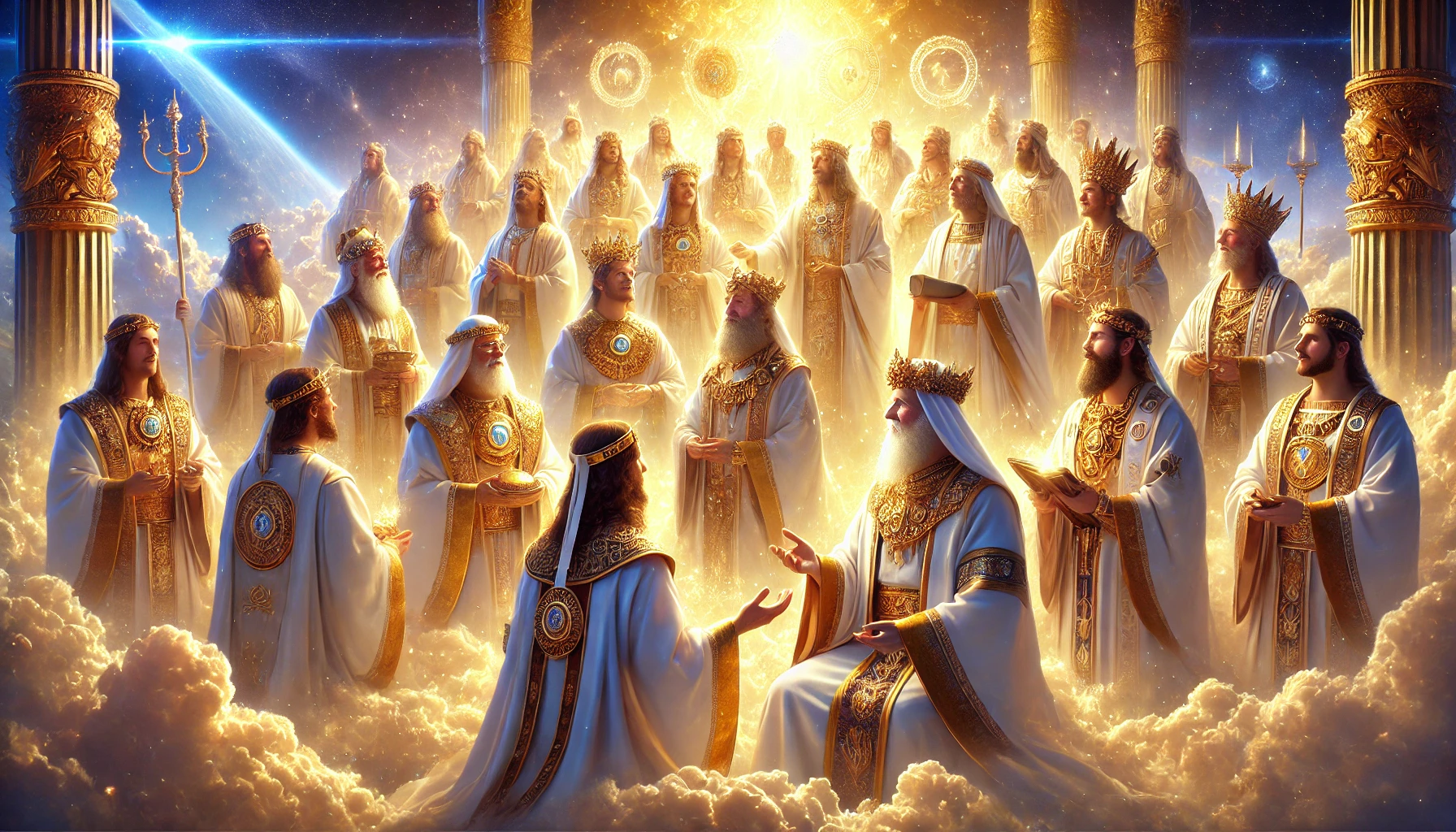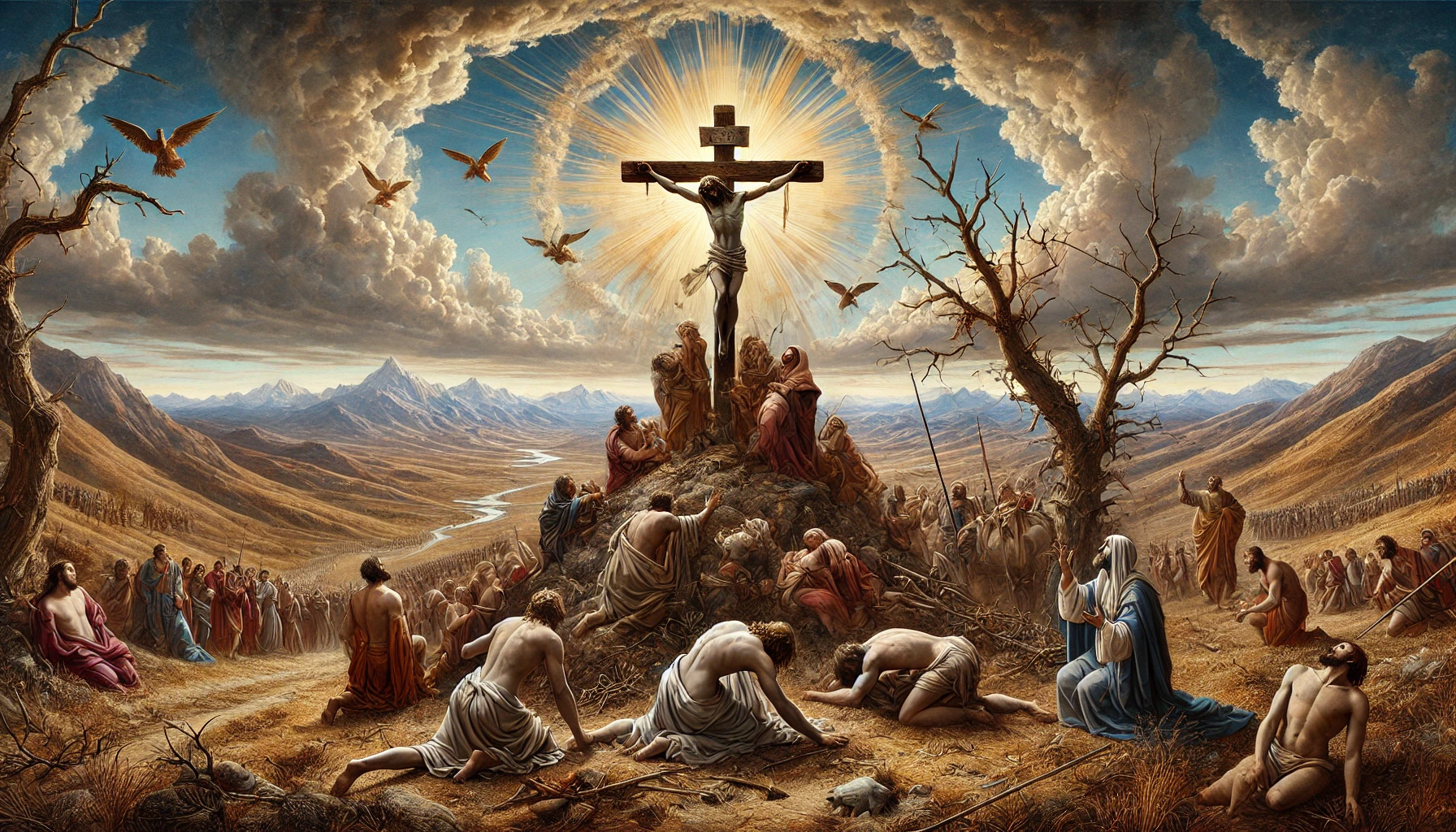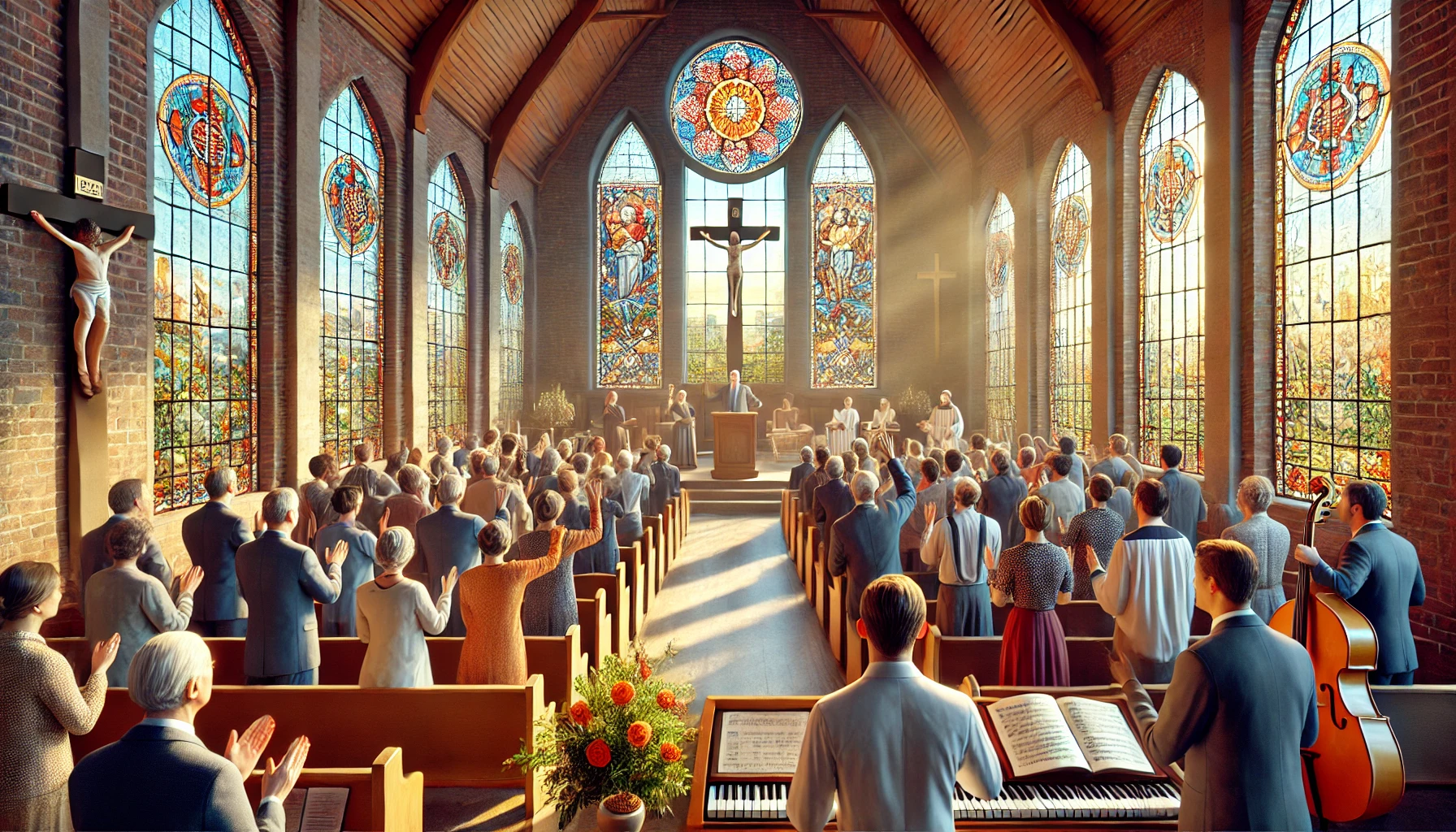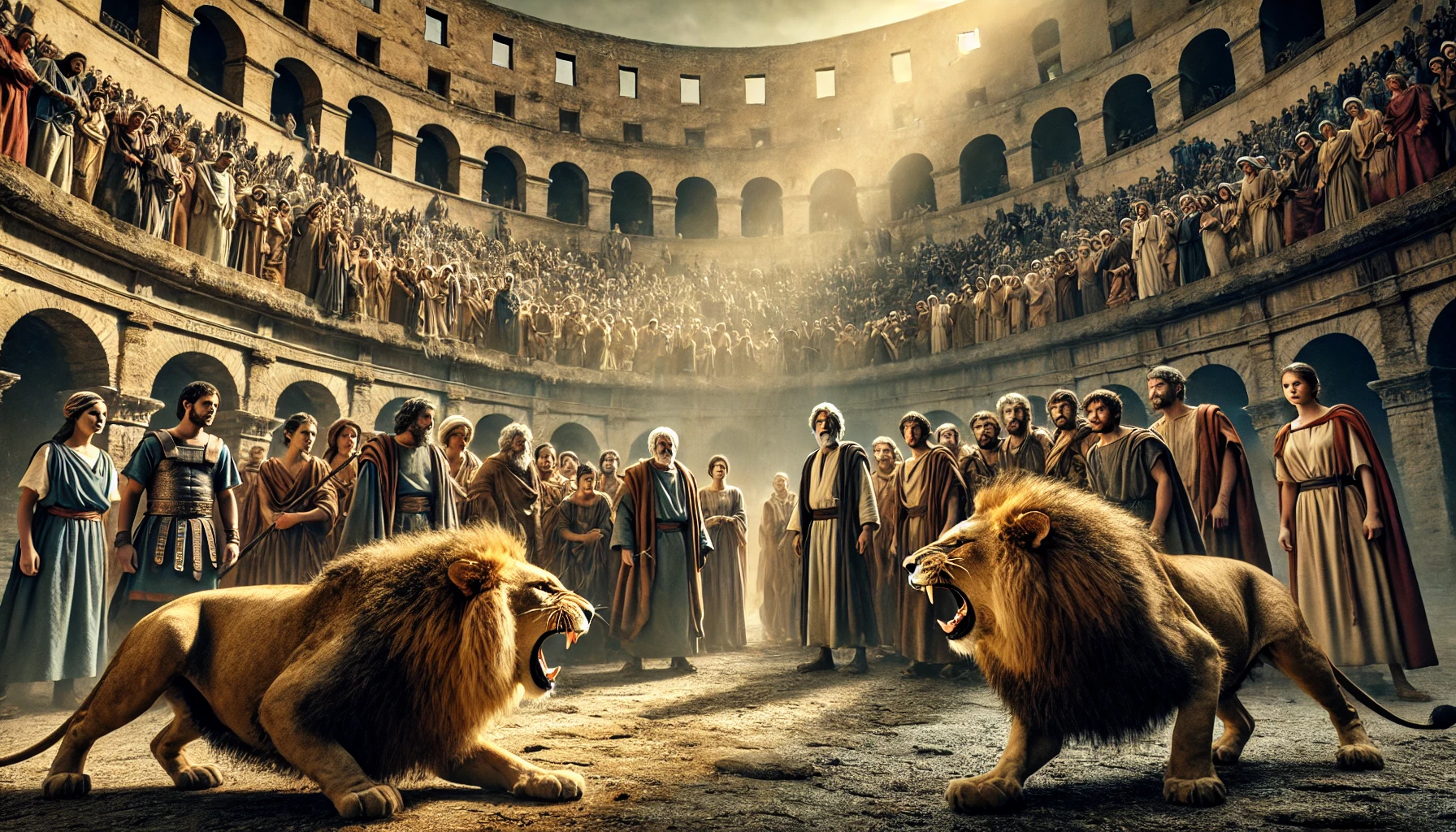In fact, many evangelical congregations celebrate this event despite knowing its pagan origins. However, they continue to do so because they believe it is an opportunity to “evangelize” non-believers and strengthen unity among brothers and sisters in the faith.
Many readers may disagree with this perspective, but that does not matter because God’s Word is the only true standard we should use to evaluate our actions and thoughts.
If we are objective, there is no logical, biblical, or Christian justification to support this celebration. Christmas is, undeniably, a “pagan tradition” that took deep root in the Catholic religion and has become almost impossible to eradicate.
Now then, how important is it that Christians celebrate Christmas? What attitude should we take regarding the pressure of this holiday?
First, based on my years in Christianity, I’ve observed that the vast majority of “Christian-evangelical” congregations are aware that Christmas is a pagan celebration. Yet, they hold special services, dinners, theatrical presentations about Jesus’ birth, and other types of gatherings among congregation members. All of this, they claim, is to keep members away from worldly temptations.
They believe that if they leave their members alone on that date, they are inviting them to “fall” into worldliness, whether by attending parties or gathering with family members who do not share their faith. Instead, they encourage members to invite their families to the “special Christmas service” as a way of evangelizing them.
These things undoubtedly happen on that date!
However, in this case, the remedy may be worse than the disease. It is like asking a drunkard to stop drinking but replacing the bottle of wine with a can of beer. This is exactly what happens when a Christian celebrates Christmas in their congregation! If you know this tradition is pagan, simply do not celebrate it!
So, what should you do? Let me answer with another question: What do you do on a regular workday? … That is precisely what you should do. Even if congregation members or the pastor tell you to attend an event on that date, gather your courage—without being confrontational—and decline participation.
Do not commit to attending any “extraordinary” meetings at the congregation, do not organize a special dinner for that night, do not accept invitations from your family, and do not attend the “trust-building” meeting with your small group. In short, do what you always do on an ordinary day. Initially, it will be difficult, but as the years go by, you will not miss this celebration.
For almost 30 years, my family and I have stopped celebrating Christmas. We simply do the same as we do every other day. My children grew up knowing that this celebration is pagan, and they are convinced that any other form of celebrating—even under the guise of not being a celebration—is abominable in the eyes of the Creator.
If you do not know the history of Christmas, I invite you to read a study based on the book Babylon, Mystery Religion by Ralph Woodrow. This book explains the pagan customs and traditions that the Catholic religion absorbed centuries ago and which are still considered Christian to this day.
If you are a born-again Christian but still allow yourself to be swept along by the current of tradition, I urge you to get out of it as soon as possible—before it is too late.
![]()








